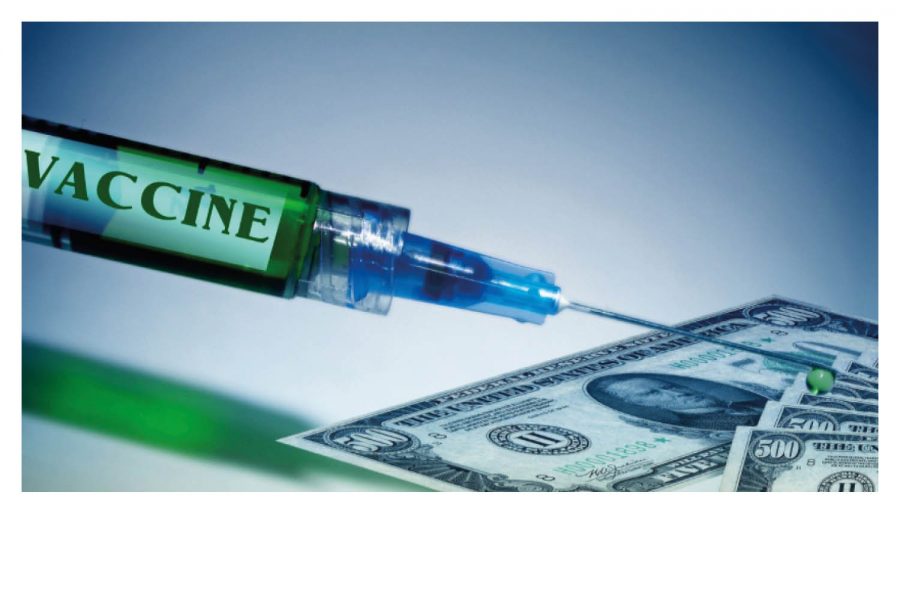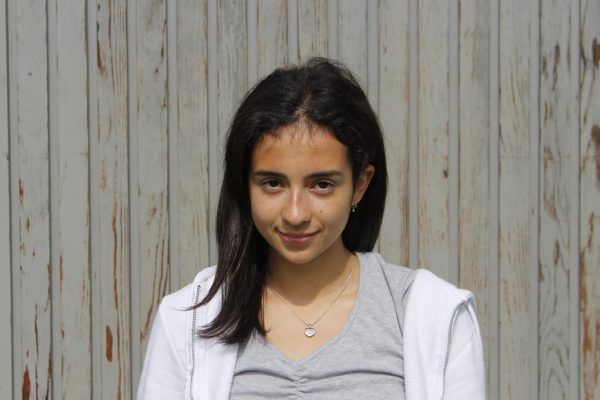As developed countries race to vaccinate their populations against COVID-19, less developed countries are receiving minimal quantities of doses. If not addressed, this inequality will continue to perpetuate the pandemic.
First, it is only fair for all countries to have equal access to vaccines regardless of their economic status. Under The Universal Declaration of Human Rights, Article 25 states that all people have the right to have suitable healthcare access. Richer countries should not be able to precede because healthcare is a human right guaranteed to all.
Despite this, richer countries are currently able to vaccinate more with the financial resources that they have. For example, according to John Hopkins, as of Feb. 24 Iran has 1,590,605 cases of coronavirus, while the United Arab Emirates has 375,535 cases.
However, according to Our World in Data, the UAE has 56.19 vaccinations per 100 people as of Feb. 22. Even though Iran has more cases, it has only 0.01 vaccinations as of Feb. 17. We can see that vaccine equality is not currently prevalent throughout the world.
The COVID-19 Vaccines Global Access Facility was founded by The Coalition for Epidemic Preparedness Innovations, Gavi Vaccine Alliance, and the World Health Organization in 2020. The organization aims to support the development of COVID-19 vaccines and to ensure that all countries have equal access to them. COVAX supports 92 countries including those of low income and lower-middle income.
When richer countries buy large quantities of vaccines from a small supply, global competition increases. This competition raises the prices of vaccines, making them even less accessible to poorer countries.
COVAX, however, is facing many challenges in providing vaccines to their participant countries. According to Politico, many countries have donated, but COVAX still needs approximately $2.8 billion to carry out their plans for 2021.
In addition, many of COVAX’s vaccine deals are not actual agreements with the drug makers, causing these deals not to be straightforward.
Lastly, COVAX has an approval problem where their vaccines must have WHO emergency use listing or national approval; this puts limits on the vaccines that COVAX is allowed to distribute.
According to The Washington Post, Ghana received 600,000 AstraZeneca shots on Feb. 24. This is the first country COVAX has distributed vaccines to, but they still plan to deliver 2.3 billion doses by the end of this year.
Not only do many of the more developed countries need to further donate to COVAX, but they also need to stop racing to vaccinate their own populations. When richer countries buy large quantities of vaccines from a small supply, global competition increases. This competition raises the prices of vaccines, making them even less accessible to poorer countries.
If not all countries are properly vaccinated, the virus will continue to spread and mutate, becoming more deadly as it is transmitted.
For example, although South Africa is the most affected country in Africa and even has a new coronavirus variant, it is also struggling to vaccinate. According to Reuters, before South Africa stopped supplying the AstraZeneca vaccine, they were being forced to pay more than other countries.
Despite South Africa’s weakening economy, AstraZeneca was charging them $5.25 per dose, while charging European Union countries $3.03 per dose. Thus, it is unfair how richer countries here can pay less, as it adds to the staggering inequality behind the vaccine distribution.
If not all countries are properly vaccinated, the virus will continue to spread and mutate, becoming more deadly as it is transmitted.
According to a recent study by researchers at the University of the Witwatersrand in South Africa and Oxford University, the Oxford-AstraZeneca vaccine is not proven to be as effective against South Africa’s coronavirus variant. The study involved two thousand people and found that the vaccine has “minimal protection” against the variant. This demonstrates how the mutations can be resistant to vaccines richer countries were previously given, as other countries vaccinated with Oxford-AstraZeneca may not be as safe from South Africa’s variant.
Not only is vaccine equality the right of every human being, but it will also help end the pandemic faster. Therefore, all countries must work together, viewing vaccination distribution not as a race, but as a joint effort at eliminating the pandemic.






